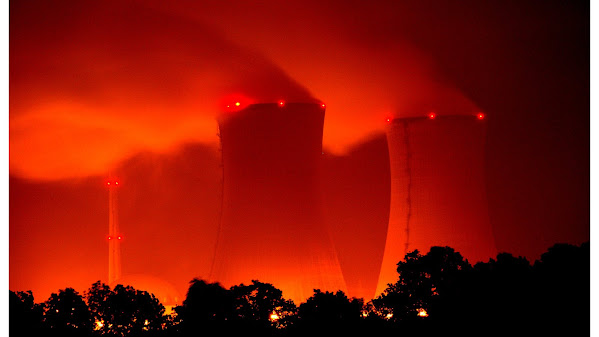Environmental Pollution(part-3 of 4) Noise Pollution, Noise Pollution On Wild Life And People, Noise Pollution Control
- Traffic Noise
- Air traffic Noise
- Noise from Construction sites
- Animals Noise
- Transport Noise
- Neighborhood Noise
- Industrial Noise.
Noise pollution on wild life
Noise pollution can cause health problems for people and wildlife, both on land and in the sea. Noise from ships and human activities in the ocean is harmful to whales and dolphins that depend on echolocation to survive.
Sound is measured in decibels. The analysis aims to determine the effects that underwater noise is having on these animals. Sound sources that exceed this threshold include familiar things, such as power lawn mowers (90 decibels), subway trains (90 to 115 decibels), and loud rock concerts (110 to 120 decibels).
The sound blasts can damage the ears of marine animals and cause serious injury. Sonar, like echolocation, works by sending pulses of sound down into the depths of the ocean to bounce off an object and return an echo to the ship, which indicates a location for object.
These marine mammals rely on echolocation to communicate, navigate, feed, and find mates, and excess noise interferes with their ability to effectively echolocate. Some of the loudest underwater noise comes from naval sonar devices.
Back in the lab, computers identify the sounds of human activities as well as 26 species of whales and dolphins.
There are many sounds in the environment, from rustling leaves (20 to 30 decibels) to a thunderclap (120 decibels) to the wail of a siren (120 to 140 decibels). Navy to stop or reduce using sonar for military training.
Seismic surveys also produce loud blasts of sound within the ocean. Ships, oil drills, sonar devices, and seismic tests have made the once tranquil marine environment loud and chaotic.
Among those researching the effects of noise pollution is Michel Andre, a bioacoustics researcher in Spain who is recording ocean sounds using instruments called hydrophones.
Andre hopes his project will find ways to protect marine animals from the dangers of ocean noise. Increasing noise is not only affecting animals on land, it is also a growing problem for those that live in the ocean. It cannot be seen, but it is present nonetheless, both on land and under the sea. The most common health problem it causes is Noise Induced Hearing Loss (NIHL). Whales and dolphins are particularly impacted by noise pollution.
Research has shown that sonar can cause mass stranding's of whales on beaches and alter the feeding behavior of endangered blue whales (Balaenoptera musculus). Sounds that reach 85 decibels or higher can harm a person’s ears. Ships looking for deep-sea oil or gas deposits tow devices called air guns and shoot pulses of sound down to the ocean floor. Scientists believe this noise may also be contributing to the altered behavior of whale. Sonar sounds can be as loud as 235 decibels and travel hundreds of miles under water, interfering with whales’ ability to use echolocation.
Noise pollution on people
Noise pollution impacts millions of people on a daily basis.
Noise pollution is considered to be any unwanted or disturbing sound that affects the health and well-being of humans and other organisms. Noise pollution is an invisible danger.
Exposure to loud noise can also cause high blood pressure, heart disease, sleep disturbances, and stress. Environmental groups are urging the U.S. These health problems can affect all age groups, especially children.
Many children who live near noisy airports or streets have been found to suffer from stress and other problems, such as impairments in memory, attention level, and reading skill. His project, LIDO (Listening to the Deep Ocean Environment), collects data at 22 different locations.
From traffic noise to rock concerts, loud or inescapable sounds can cause hearing loss, stress, and high blood pressure.
Noise pollution control
➨ Dense trees and increased plantations can be useful an effective in noise pollution prevention.
➨ Explosives should not be misused in forest, mountainous and mining areas.
➨ There should be a separation between residential zones and sources of noise like airports, factories and industries.
➨ One of the simplest ways you can protect yourself from unnecessary noise pollution is to avoid sound systems(loud speakers) in occasions like marriage, festivals, political party meeting.
➨ Honking in public places like teaching institutes, hospitals, etc., should be banned.
➨ The use of firecrackers during festivals, weddings and parties should be reduced.
Adequate soundproof systems should be installed in hospitals and industrial buildings.
For my readers;
Ever being is necessary in food chain. If anything is going to be affected the whole environmental cyclic process will be affected. If only human being to be change the earth will be well. Thank you for reading, see you in Environmental pollution(part-4).





Comments
Post a Comment